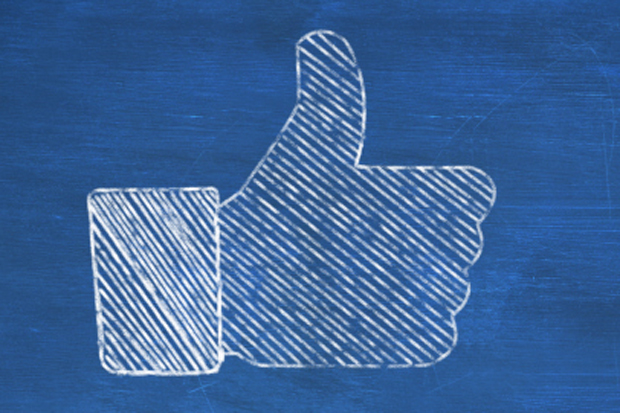It is almost a century since the Michelin brothers had the brainwave of supplementing their motorists’ guide with information about fine-dining establishments. Their star-rating system had become a mainstay of lifestyle reviews long before the Internet came along. In the digital age, this work has been comprehensively crowd-sourced: the immense success of review sites such as Yelp and Amazon has been built on the voluntary input of users.
Already a subscriber? Log in
Subscribe for just $2 a week
Try a month of The Spectator Australia absolutely free and without commitment. Not only that but – if you choose to continue – you’ll pay just $2 a week for your first year.
- Unlimited access to spectator.com.au and app
- The weekly edition on the Spectator Australia app
- Spectator podcasts and newsletters
- Full access to spectator.co.uk
Unlock this article
Houman Barekat co-edited (with Mike Gonzalez) Arms and the People: Popular Movements and the Military from the Paris Commune to the Arab Spring.
'Reading the Comments', £17.96 and 'This Is Why We Can’t Have Nice Things', £16.16 are available from the Spectator Bookshop. Tel: 08430 600033
You might disagree with half of it, but you’ll enjoy reading all of it. Try your first month for free, then just $2 a week for the remainder of your first year.














Comments
Don't miss out
Join the conversation with other Spectator Australia readers. Subscribe to leave a comment.
SUBSCRIBEAlready a subscriber? Log in